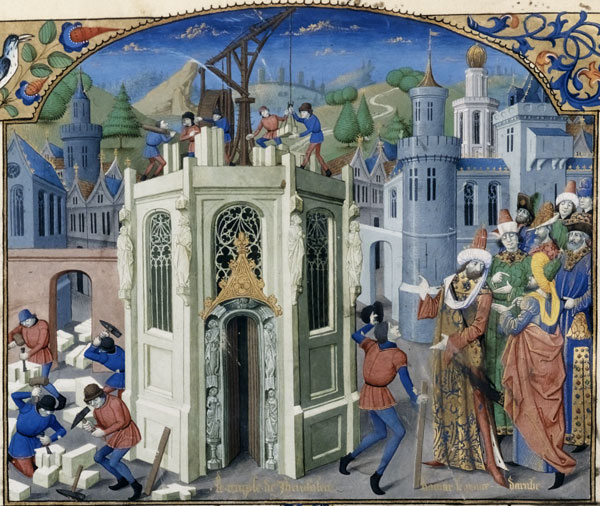Middle Ages
Age
Miscellaneous Culture and Society
| e | i |
| n | s |
| f | t |
| p | j |
| function | ennea | variant | socio | psyche | ||||||
|
|
|
|
|
| 2 | 3 | 4 | 5 | 6 | 7 | 8 | 9 | 1 |
| h |
| e |
| x |
| a |
| c |
| o |

| date | username | vote |
| 20/03/16 02:08 | Thyssen | ENFJ |
| 20/03/15 18:16 | Jacobus | ENFJ |
| 20/03/15 01:47 | LadyX | ISFJ |
| 20/07/26 12:49 | Tman | ESFJ |
| date | username | vote |
| 20/03/14 22:03 | Tman | ISFJ |
| date | username | vote |
| 20/07/29 11:48 | bibliology | 6w5 |
| 20/03/15 01:47 | LadyX | 6w5 |
| 20/03/15 13:08 | Tman | 6w7 |
| date | username | vote |
| 20/07/29 11:48 | bibliology | sp/so |
| 20/03/15 01:47 | LadyX | sp/so |
| 20/03/14 22:01 | Tman | sp/so |
| date | username | vote |
| 20/07/26 17:07 | Tman | 612 |
| 20/03/15 01:47 | LadyX | 613 |
| date | username | vote |
| 20/03/14 22:01 | Tman | ESI |
| date | username | vote |
| 20/03/14 22:02 | Tman | VEFL |
Click to toggle markup guide.